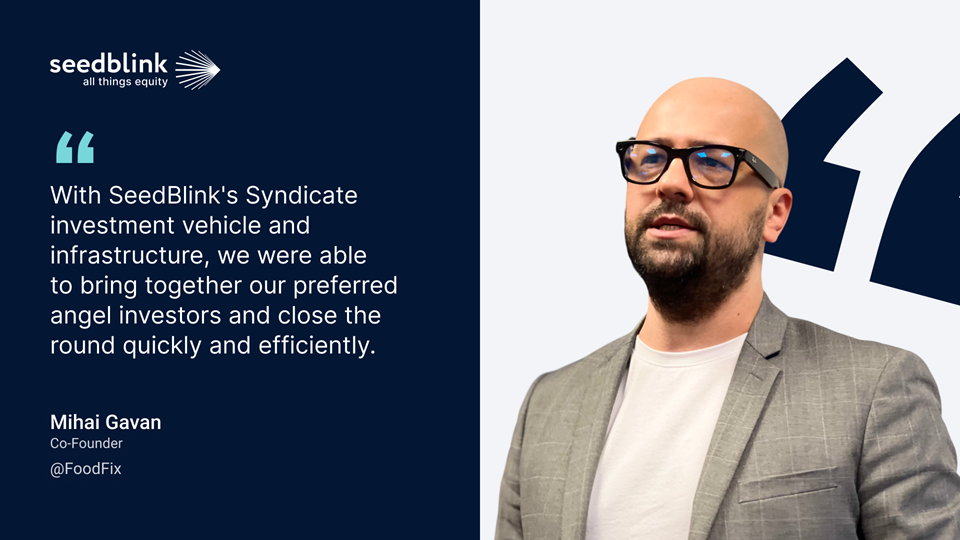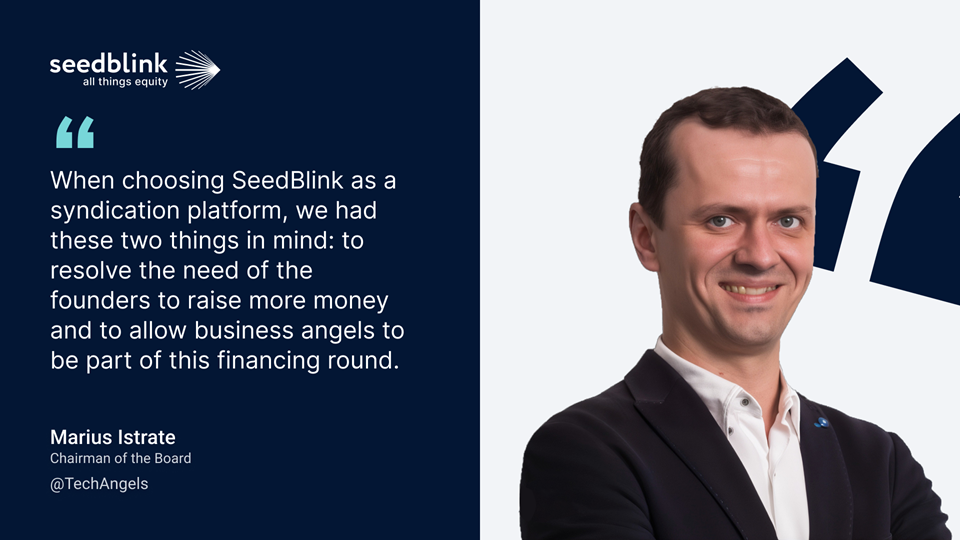SeedBlink Blog
startups And Financing
Investment syndicates explained: A collaborative funding path for startups and angels
Learn about investment syndicates, how investors and startup founders can initiate one, and the main benefits.
Investment syndicates have gained popularity in the startup ecosystem as a way for angel investors to pool their resources collectively and for startups to access funding easier from a network of backers.
Whether you're considering joining an investment syndicate or initiating your own, this article aims to provide an overview of this innovative investment approach. We'll explore the concept of investment syndicates, including how they work, their advantages and important points to consider.
What are investment syndicates?
An investment syndicate is an alliance between a group of angel investors who pool their resources and invest in an opportunity collectively through a specific investment vehicle - most commonly, a nominee structure. With syndicates, investors can access larger ticket deals that might be out of reach individually, share the risks, and leverage the group's expertise.
Who initiates a syndicate?
Investment syndicates are typically led by a seasoned angel investor, referred to as the lead investor. This individual takes charge of identifying potential deals, performing due diligence, negotiating terms with startups, and facilitating communication among other syndicate members, known as follow investors. The lead investor’s expertise plays a crucial role in navigating the investment process and identifying promising opportunities.
Members of the syndicate benefit from this expertise as well as the collaborative due diligence efforts, which can enhance investment decision-making. Although they have less direct control over specific investments, members receive regular updates and reports to stay informed.
Startups can also initiate syndicated investments - from private investors not necessarily investing collectively - and bundle them in the same investment vehicle. The main reasons are less administrative burden (as the vehicle provider takes care of these admin aspects and KYC checks), easier post-investment governance, and being better equipped to handle future investments with a clean cap table.
SeedBlink helps startups create an investment syndicate to pool investors under a single line in your cap table and streamline your fundraising journey and governance.
Advantages of investment syndicates for startups
- Access to more capital: Syndicates enable startups to raise more capital faster than securing funding from individual investors, allowing them to accelerate growth plans and pursue ambitious goals.
- Clean cap table: All angel investors are bundled into one investment vehicle, which is listed under one line in the startup’s cap table, simplifying shareholder management and the structuring of future rounds.
- Simplified fundraising process: The syndicate simplifies communication and streamlines fundraising - since the admin stuff is handled by the lead investor or by the platform that provides the investment vehicle. The post-investment process is also much simpler compared to managing numerous individual investors.

Read the full FoodFix case study on syndicates here.
- Strategic guidance and support: By working with a group of investors that join a syndicate, the startup brings together people with diverse expertise and networks. These connections can be invaluable for founders, as they can leverage the investors' knowledge and networks to their advantage.
Advantages of investment syndicates for angel investors
- Increased deal flow and access to more opportunities: Syndicates provide access to a wider range of investment opportunities, including deals that might be outside an individual's budget. Investors often use syndicates to diversify their portfolios and potentially gain exposure to high-growth ventures.
- Reduced risks and shared expertise: Pooled investments mitigate risk for individual angels by spreading funds across multiple startups. Additionally, the lead investor's expertise benefits everyone involved, as their knowledge and due diligence processes improve deal selection and overall outcomes. Tasks and workloads can be shared among syndicate members also.
- Access to deals with lower investment minimums: Syndicates allow individuals to participate in deals with lower investment minimums compared to direct investments.

Read the full Tech Angels Members syndicates case study here.
- Follow-on and secondary opportunities: Ability to add investors (new or existing) to the syndicate at a later date; ability to follow-on and execute secondaries within the syndicate, allowing for early liquidity.
Secondary opportunities are a very important part of defining exit strategies - and investors should note that not all syndicate platforms offer this option. Carefully consider all aspects of the investment deal, including secondary options.
This is also an advantage for startups, as it provides flexibility for future rounds.
Other points to consider regarding syndicated investments
Goal alignment
With syndicated investments, the goals of all syndicated members may not always be perfectly aligned, and direct communication is sometimes hindered. Startups can address this by regularly communicating progress with their investors.
Also, a group of investors can put more pressure and have more negotiating power on the startup, similar to major investors. At the same time, with multiple investors in the syndicate, ownership of the underlying investment may be diluted with future rounds, so special attention needs to be paid here.
Fees and carried interest
Syndicate investments involve various fees and expenses, that are paid by the startup, by the investors, or both. Examples include management fees, success fees, consultancy on structuring the round, or due diligence costs. Syndicate members and providers need to ensure that all costs are transparent to all parties involved.
In a classic syndicate setup, lead investors often charge fees for their services, including management fees and carried interest, which is a share of the profits earned on the investment. These fees can eat into potential returns for syndicate members.
Modern platforms like SeedBlink offer flexibility in how these fees are split, and startups can even raise private rounds without necessarily having a lead investor in the syndicate. Check out SeedBlink’s syndicates offering.
Regulatory compliance
Regardless of the structure you choose and the number of investors in the syndicate, each party needs to be aware of the regulatory compliance implications for their business and jurisdiction and the steps needed to comply. This includes for example data privacy, legal issues as well as taxation during the investment and upon exit.
Good to know: SeedBlink's Austrian based nominee is a tax transparent infrastructure.
Join our newsletter
Your go-to source for European startup news, equity trends, VC insights, and investment opportunities.
